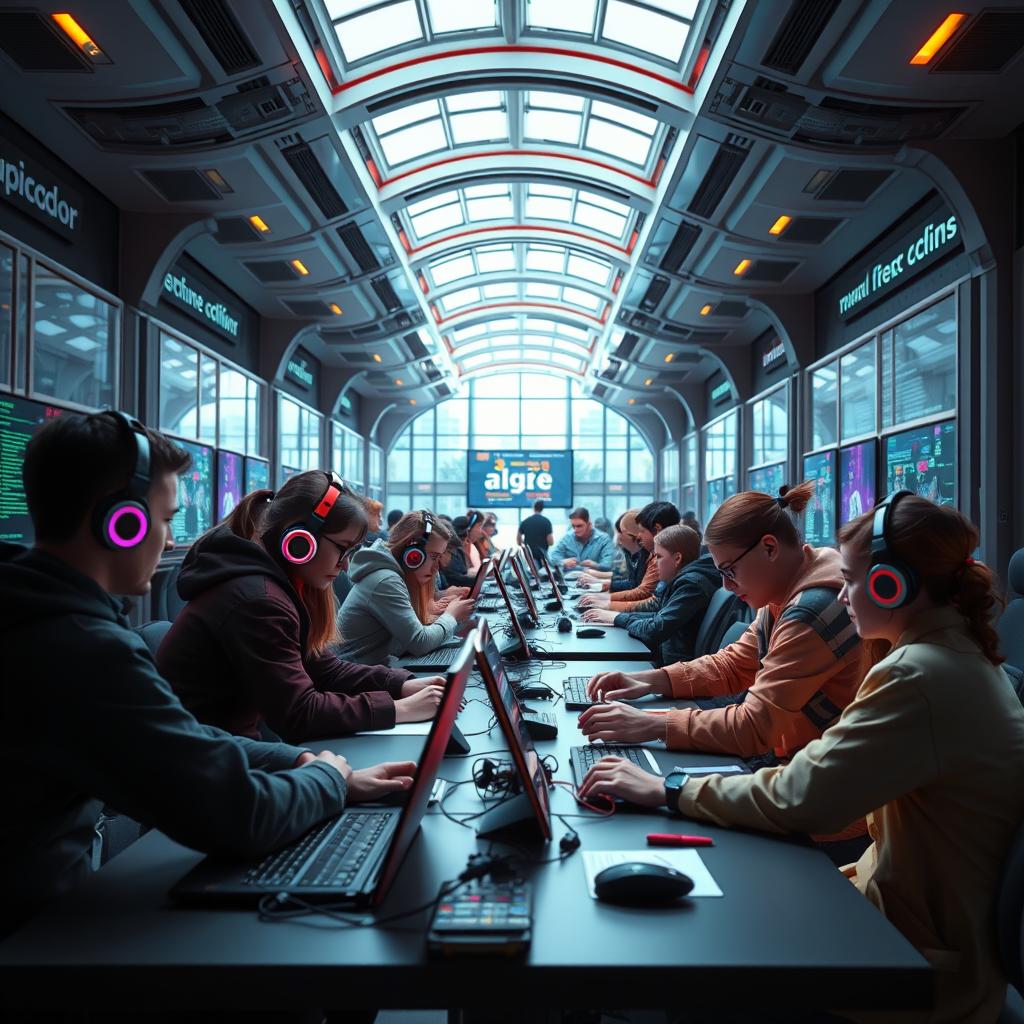Future Insights: Generative AI and Automation’s Impact
In the rapidly evolving landscape of technology, generative artificial intelligence (AI) and automation are at the forefront of innovation. With the continuous advancement of AI technologies, the impact on various industries is both profound and transformative. This blog post delves into the predictive analysis on the impact of generative AI and automation for the future, exploring how these technologies are shaping the world and what we can expect as they continue to evolve.
Understanding Generative AI and Automation
Generative AI refers to the ability of machines to create new content from vast data sets, including images, music, and even written content. Notable advancements in generative AI, such as OpenAI’s GPT-3 and other language models, have demonstrated an impressive ability to generate human-like text. Automation, on the other hand, involves the use of technology to perform tasks without human intervention, ranging from simple repetitive tasks to complex processes.
The Role of Predictive Analysis in Technology
Predictive analysis in the context of AI and automation involves using data, statistical algorithms, and machine learning techniques to identify the likelihood of future outcomes. This is crucial for understanding the potential impact of AI technologies, enabling businesses and industries to prepare and adapt. Through predictive analysis, we gain insights into the potential transformations across sectors driven by generative AI and automation.
Transformative Effects Across Industries
Generative AI and automation are revolutionizing various industries, creating new opportunities, and addressing longstanding challenges:
- Healthcare: AI-driven diagnostics and personalized medicine are transforming patient care, offering more accurate and timely treatment plans.
- Manufacturing: Automation in production lines increases efficiency and reduces human error, leading to higher quality products and optimized supply chains.
- Finance: AI algorithms in fintech enhance fraud detection and offer personalized financial advice, reshaping how individuals manage their finances.
- Entertainment: Generative AI in media creation offers new content experiences, from automated storytelling to immersive virtual reality environments.
Challenges and Ethical Considerations
Despite the promising potential, generative AI and automation present several challenges, particularly regarding ethics, privacy, and job displacement. As AI systems become more capable, there is an increasing need for regulations and ethical guidelines to ensure responsible development and deployment. Privacy concerns arise from data collection practices, requiring robust data protection measures and transparency.
The Future of Work and Skills Development
The integration of generative AI and automation into the workforce will inevitably change the nature of work. While some fear job losses, these technologies also create new roles, demanding different skills. Emphasizing education and continuous learning will be crucial to equip the workforce with the skills needed to thrive in this new era. Critical thinking, creativity, and adaptability will be increasingly valuable as AI takes over routine and mundane tasks.
Building a Sustainable Future with AI
As generative AI and automation redefine industries, they also offer tools for addressing global challenges such as climate change and sustainable development. AI applications in energy management, agriculture, and urban planning can create efficiencies and reduce waste, contributing to a more sustainable future.
Collaborative Human-AI Ecosystems
The future will be characterized by collaborative ecosystems where humans and AI work together, complementing each other’s strengths. Human-AI collaboration can lead to enhanced problem-solving and innovative solutions, with AI taking on data-intensive tasks and humans providing strategic oversight and empathy.
Conclusion: Embracing the Future
Generative AI and automation are poised to redefine society and industry, offering opportunities for growth, efficiency, and innovation. By leveraging predictive analysis, we can prepare for the inevitable changes and harness the full potential of these technologies. Embracing this future with a proactive approach, while addressing ethical and practical challenges, will enable us to build a more prosperous and sustainable world. As we stand on the cusp of this technological revolution, it’s crucial to engage with these emerging tools and explore how they can improve our lives and industries.
Get Involved
To stay ahead in this dynamic landscape, individuals and organizations should invest in AI education and consider how generative AI and automation can integrate into their strategies. Explore workshops, online courses, and industry events to deepen your understanding of these technologies. Join discussions and forums to share insights and collaborate on innovative solutions. Embrace the potential of AI and automation to shape a brighter and more sustainable future.


